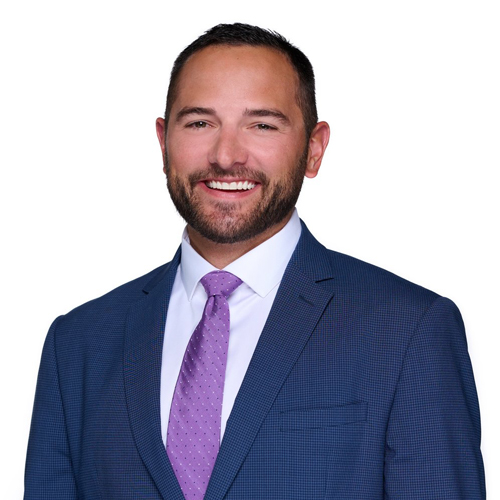As mentioned in our previous article, Employee Stock Options (ESOs) provide workers a great incentive to meet Key Performance Indicators or to stay with a company for the long term. It is in the employee’s best interest to meet the conditions necessary to receive the options and then exercise them at the optimal time. But are options always the best ‘option’?
When to take ESOs in lieu of a higher salary
You should only ever agree to an Employee Option Plan if:
- The Option Plan in combination with your regular salary is of greater cash value than a salary WITHOUT options as part of the remuneration package. Or..
- You have strong faith that the company's stock price will go up.
Let’s look at an example. Two companies have offered Mark a position at their respective firms. Company XYZ proposes to Mark a $150,000 yearly salary plus 100 options a year for five years. The stock is currently trading for $50, and the stock options’ strike price reflects that fact. The stock has hovered between $40 and $60 over the past decade, and Mark is doubtful it will go over $60 in the next five years. The most he hopes to gain is $4,000 from the options. Of course, XYZ stock can triple in price, similar to Gamestop’s unlikely rise, but that’s a bet, and Mark is not a betting man.
Company ABC offers Mark a $155,000 salary with no strings attached. Over five years he will earn $25,000 more than XYZ’s basic package. Mark compares the two salary packages and determines he’d rather take ABC’s offer because he doesn’t want to depend on the options package. If Mark accepts ABC’s offer and XYZ’s stock unexpectedly skyrockets, he will likely regret his decision, but the odds are not in XYZ’s favor.
Start-up Employee Stock Options
Because start-ups usually don’t have enough cash to pay high salaries, to attract talent, startups often grant employees stock options. If you happen to be an “early employee”, you may get stock options with extremely low strike prices, paving the way for potential great wealth to be made after a successful IPO.
But, just as with any investment, there is risk. The company may go bankrupt, it may recall the options, or they may back out of the promised Initial Public Offering. If any of those happens, you worked for a lower salary for basically no reason.
An example of an early employee who took Employee Stock Options.
Mary is an ingenious programmer and received an offer from up-and-coming start-up ZZZ Technologies. They reveal to her that they plan on going public the following year and want her as the lead software engineer. They entice her with an offer of 10,000 stock options exercisable whenever she wishes with a strike price of 50 cents, plus a relatively low yearly salary of $70,000. If she can live off of that salary until the Initial Public Offering (IPO), she stands to make a lot of money if the IPO is successful.
The theory goes that because ZZZ Technologies employees have so much to gain, there is a higher chance of a successful IPO. There is always the chance that the IPO fails or does worse than expected, but Mary firmly believes in the company’s product and concept. She, therefore, works extremely diligently to ensure a smooth and profitable IPO.
She exercises her options immediately, putting down $5,000 in cash to exercise.Within 30 days, she files an IRS form 83b, which allows her to delay paying income taxes on her options until they are vested. ZZZ Technologies has a successful IPO and her shares go up from 50 cents to $100, earning her a cool pre-tax $1,000,000.
In the end, Mary’s gambit paid off.. but that is exactly what it was, a gambit. Any obstacles along the way could have led to a much different ending for Mary and her options. This was also mainly made possible due to her ability to execute her options early.
Not all companies allow for early exercise, so carefully review your contract with a financial professional.
In Conclusion
An Employee Stock Option Plan is an investment just as much as buying an ETF or bond. It is necessary to look at the overall picture of your portfolio to determine if an ESOP fits not only your risk profile, but also your tax plan. Remember, never risk what you’re not willing to lose. A qualified financial advisor can create and model a variety of investment and tax scenarios to help you choose what is best for you.













